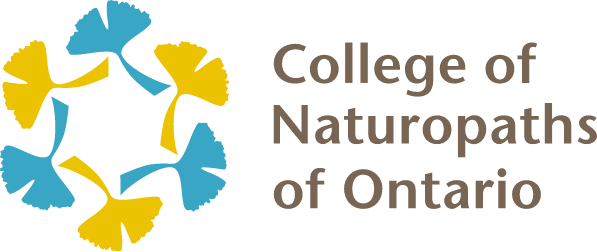Professional Standards, Policies and Guidelines
Standards of practice
Standards of practice set out the legal and professional basis for the practise of naturopathy. Each set of standards describes the expected level of performance for that topic, and together they form a framework for ensuring competence among naturopaths. Standards of practice are established by consensus and used to evaluate the performance of NDs by their peers.
Recommending Non-Scheduled Substances
Requisitioning Laboratory Tests
Therapeutic Relationships and Professional Boundaries
Practice guidelines
Practice guidelines help to elaborate the standards of practise. They provide recommendations on how NDs can deal with various situations in compliance with rules, regulations and standards.
Conflict of Interest Guideline
Contraindications for Manipulation Guideline
COVID-19 Reopening – Updated October 26, 2020
Managing Risk In Clinical Practice Guideline
Non-Medical (Recreational) Cannabis Guideline
Referrals and Consultations Guideline
Sterile Compounding of Injectables Guideline
Professional policies
Professional policies are rules set by the College that govern the behaviour and performance of the profession of naturopathy.
